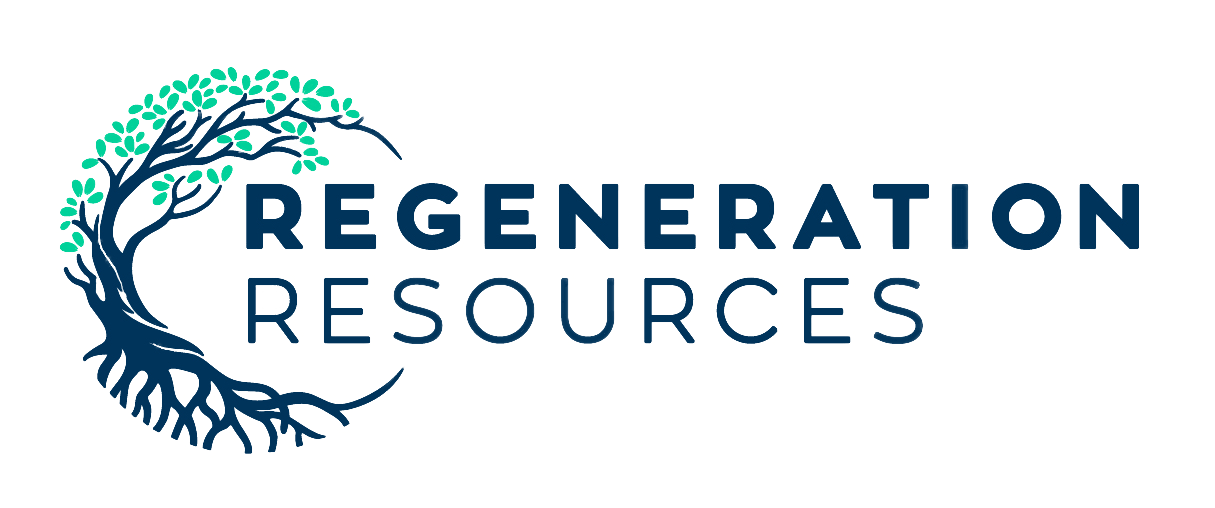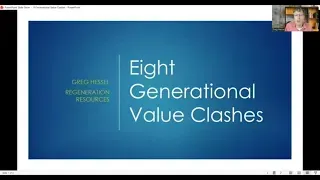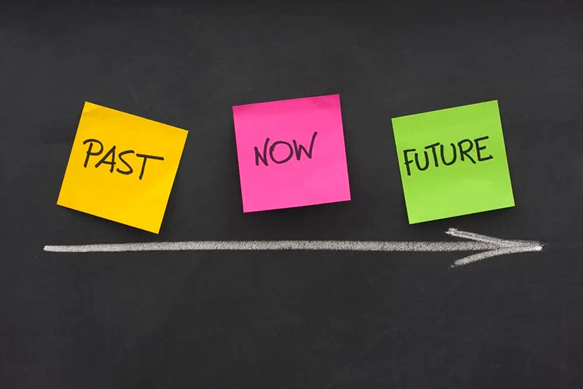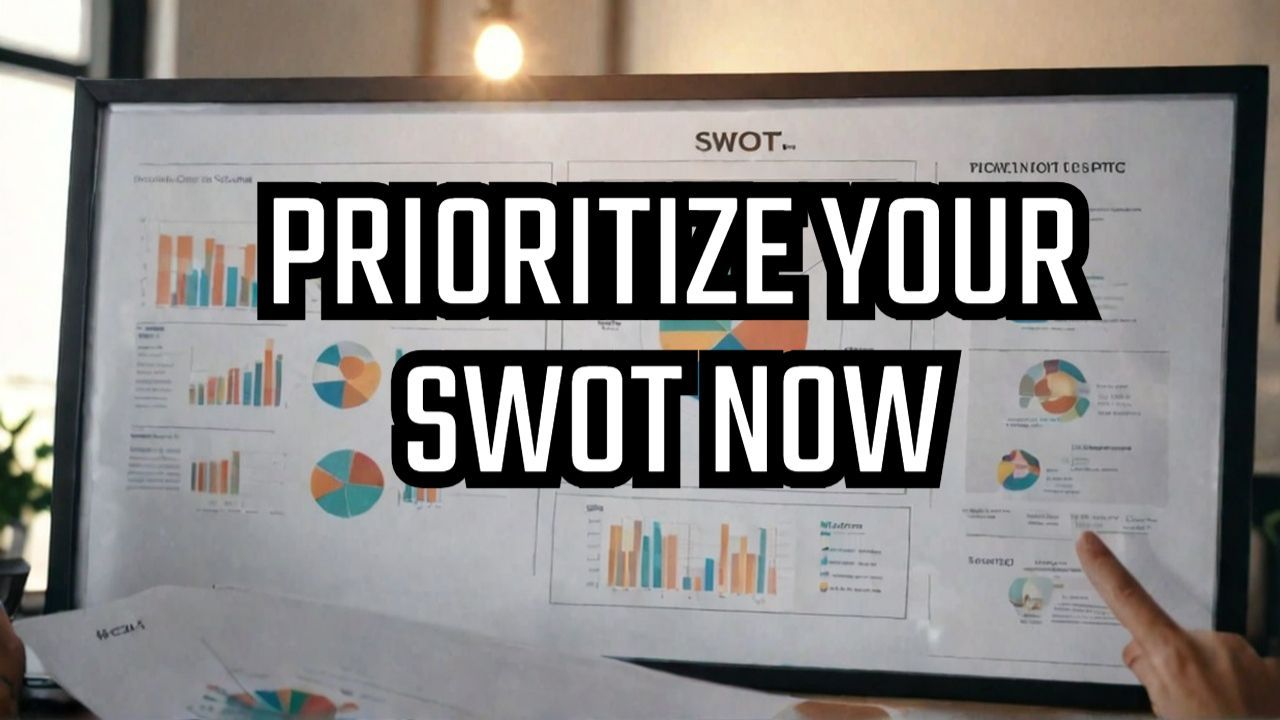Active Listening: A Conflict Management Skill or a Mindset?

Most people are familiar with the skills of active listening that were developed by Carl Rogers over 50 years ago. Rogers asserted that when people actively listen, which includes paraphrasing, asking appropriate questions and keeping eye contact; they improve communication and diffuse conflict. What is less well known however, is that Rogers believed that there were three critical parts to active listening which he called congruence, empathy and unconditional positive regard.
Congruence is being authentic and being comfortable with your own feelings as well as those of the other. It also involves the self-knowledge to know what you feel and value. For Rogers, active listening was impossible if one did not have this self-awareness.
Empathy involves feeling with another person. It is different from sympathy which can be thought of as feeling sorry for another and can unintentionally be disempowering for the speaker.
Unconditional positive regard involves a mindset of totally accepting the other person and what they are feeling at the moment. In Points of Influence, Morley Segal gives an example of what this acceptance might look like. If “an angry child tells a parent, ‘I hate you’, the parent may respond, ‘You shouldn’t talk to me that way’. Or the parent could say, ‘It doesn’t make me feel good to hear you say that, but I understand your angry feelings.’” In the first example the parent communicated that what the child was feeling was not acceptable. In the second example they accepted the child and what the child was feeling and accepted and named what they were feeling.
These three mindsets go well beyond making eye contact and parroting what the other person is saying. Active listening can be a powerful tool in resolving conflicts, but if we are judging the other person or unable to feel with them, the results will be very limiting. If you want to improve your effectiveness in active listening, remember to empathize, accept, and be authentic yourself.
See more Conflict Management blogs/vlogs
Every few months I produce a free newsletter. No Spam. Unsubscribe anytime.
For a taste, view the archives
SUBSCRIBE
Blogs and vlogs are sorted by topic at the bottom of each service page
STRATEGIC PLANNING
CHANGE MANAGEMENT
CONFLICT MANAGEMENT
TEAM BUILDING
ASSESSMENTS
EXECUTIVE COACHING
IMPROVING EFFICIENCY
BOARD DEVELOPMENT




